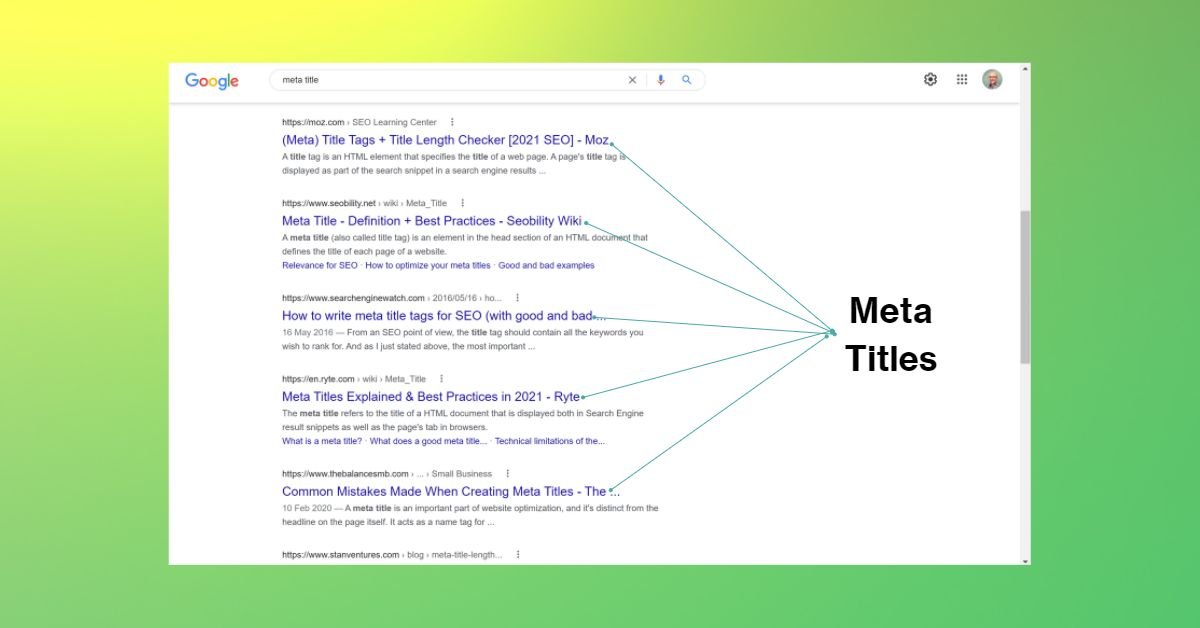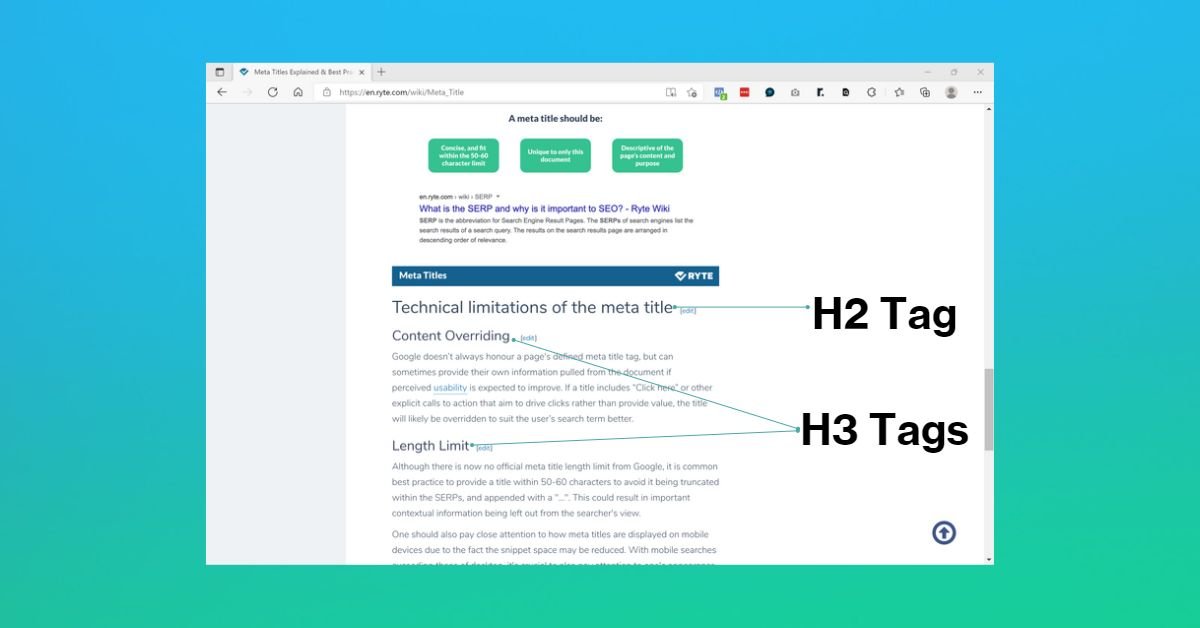There are quite a few things to learn about SEO, but the most important thing is continually to work on your on-page SEO. This will make sure you'll gain more traction for your website while keeping your reader happy with relevant content that is easy to read. In return, the search engines will reward you with higher rankings (in theory, at least).

So here are 7 on-page SEO techniques that can help kick your strategy up a notch.
Optimise metadata such as page titles
On-page SEO is everything from meta titles to ALT tags. These HTML code elements boost a page's ranking on all major search engines and help influence a searcher's click choice. Meta titles appear in search engine results pages and can also be seen by hovering over a web page's title in the browser tab. They are typically short and provide a summary of the webpage.

Picking a meta title for your website is not an easy task. You want to make sure that you are grabbing the reader's attention with something catchy, but you also want to make sure that it is relevant to your site's content. Meta titles should be descriptive and contain keywords relevant to the content.
Use header tags
Every page needs a well-defined structure to provide an optimal user experience. Including header tags, which are used in visual web pages, effectively tells the search engine robots how your content is laid out. Use headers in an H1-H2 combination to emphasise what your writing is about. Another important aspect of using headings in HTML is keyword optimisation.

A good title will help search engines display your content in their search results. Avoid using any links or symbols in your H1, as this could affect the page ranking.
The H1 is the most important and should be descriptive and specific, based on keyword research where possible. The H2 and H3 tags can be used for subheadings and need to be less descriptive.
Optimise your images
There are many ways to use images in your on-page SEO strategy. You can use them to make your blog posts more interesting and interactive. Images help illustrate concepts, support your content, and keep people engaged. Images play a role in how people find information on the internet, especially on social media platforms. The more engaging your images are, the more likely your audience will see your content.
Google Image Search, which is a huge search engine on its own, is a great way to get found online. However, you can't just add any image to your website and expect to rank. There are specific guidelines for image search engine optimisation that you should follow to ensure that you get the most out of your images on your website.
Use internal links
A strong website is one that has a well-managed internal linking structure. This will help boost your SEO rankings. Internal links are hyperlinks that link to other pages on the same website. These can be found in the menus, in-text links, and images.
Use internal links to link your important pages together. Make sure that the content you are linking to is relevant to the topic of the page you are linking from.
One strategy for using internal links is to build pillar pages that link to and receive links from sub-category pages. By clustering pages together, focusing on targeted keywords, and creating a coherent, clean design, you can strengthen your website's link profile.
Create keyword-focused content
One of the most important aspects of SEO is understanding how people search for things on the internet. Keywords are an integral part of SEO and can determine what search engine you rank on, whether you show up in the SERPs and relevant page content.
To increase your search engine rankings, you need to create keywords-focused content. You can do this by answering the questions that searchers are asking on the web. When writing articles for your site, look at what people are searching for and try to answer those questions in a way that helps users find answers quickly.
Keyword research is the cornerstone of every good SEO strategy. It determines what keywords are worth targeting, how to strategically structure content around them and can potentially help with both on-page optimisation and off-page optimisation. Good content provides a solid foundation for your website's success. This means that you need to deliver engaging, high-quality content that is of value to users.
Pay attention to your website performance
Google is always trying to provide the best user experience to its users. As such, it considers the performance of your website to be a key factor for SEO. Key to Google's algorithms is the speed of your website and how well it can load. When performing a Google search for a keyword, it is ranked lower on the search results if it takes too long for Google to show your site.
You can check your website performance by visiting Google's PageSpeed Insights tool, which provides a great snapshot of the most common issues with your website performance. It can be beneficial for understanding how your website loads, saving you the headache of tracking down the cause of performance issues.
Be mobile-friendly
Following the previous point, having a responsive and user-friendly website will significantly improve its ranking based on the same principle as the last point. Mobile optimisation is important for SEO because it is the direction in which the world is going. In the past, people primarily used computers to access the internet, but now they are primarily using mobile devices.
Mobile-friendly websites are typically made to be more user-friendly for customers browsing on mobile devices. For example, the buttons may be more prominent and easier to click on. Mobile-friendly websites can affect SEO because they are typically given more weight than other sites in search engine rankings.
Google has set out clear guidelines for SEO, and websites that follow these recommendations will be rewarded with higher rankings. On the other hand, websites that don't follow Google's best practices will be penalised and will find it harder to rank well.

Comments